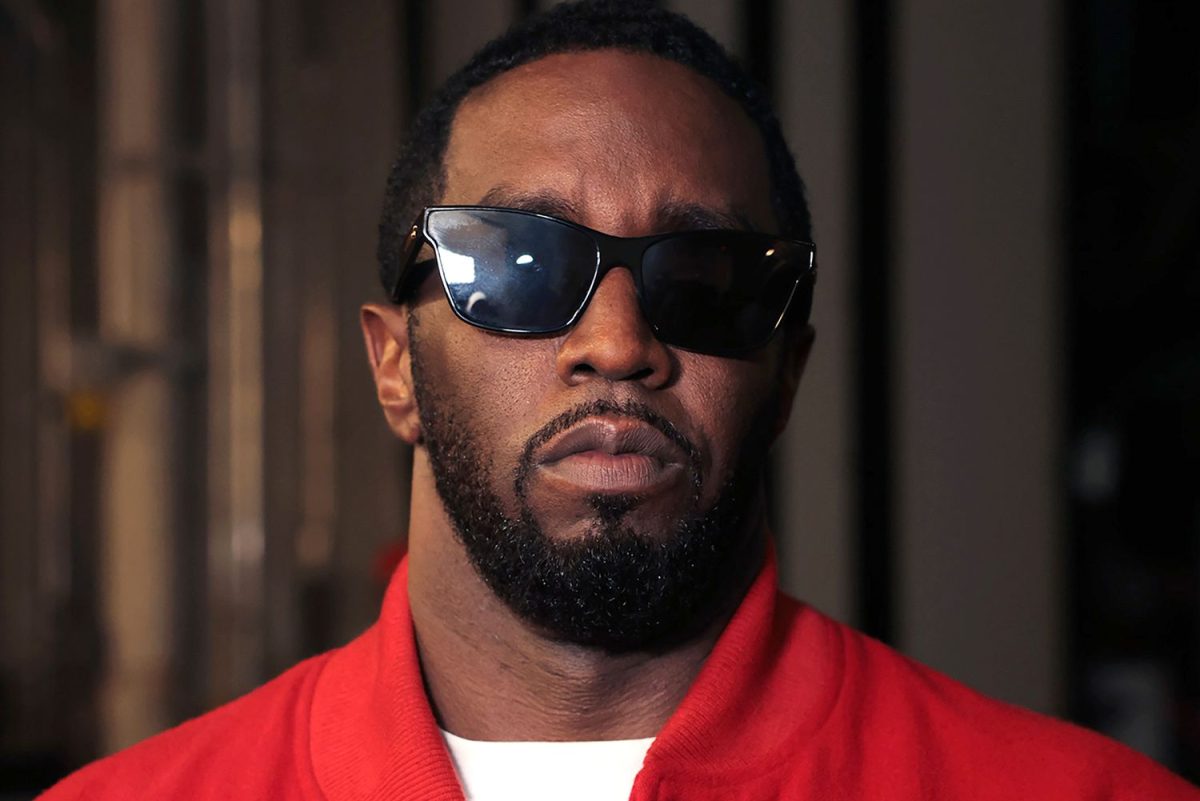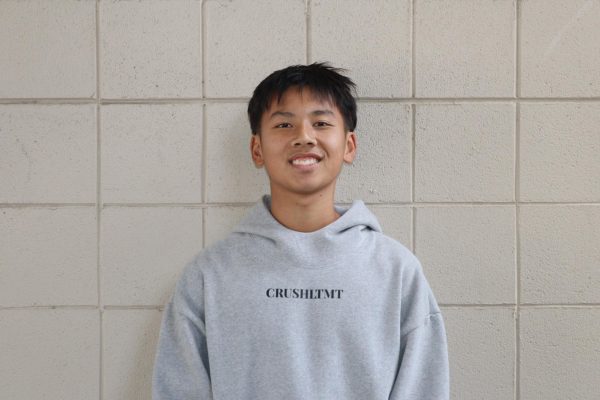TW: This story contains mentions of sexual assault and domestic violence.
Rapper Sean Combs, known best as Diddy, has long been a controversial figure. From a series of discoveries of illegal actions, to his eventual arrest on Sept. 16, mounting allegations against him have shocked and disgusted listeners worldwide. Since the first accusation in November 2023 from his ex-girlfriend Cassandra Ventura, Combs has faced over 20 lawsuits alleging counts of human trafficking and rape.
Less than a year after Combs began his musical career in 1990, he allegedly sexually assaulted an anonymous victim and a friend, before beating the victim when confronted days later.
Over three decades later, on Nov. 16, 2023, Comb’s ex-girlfriend and singer Cassandra Ventura accused Combs of years of sexual misconduct, harassment, sex trafficking and rape. A week later, two lawsuits were filed against Combs: one from Joi Dickerson, an alleged victim, and another from an unnamed plaintiff. A fourth person stepped up two weeks later to accuse Combs of gang rape in 2003.
Combs vehemently denied all these accusations, posting on his Instagram story: “enough is enough.” Nevertheless, around the same time, 18 brands severed ties with Combs — Hulu killed a reality show project featuring Combs, and the GRAMMY awards announced he would not be present.
Last May, video evidence of Combs’ assault on Ventura was released. Unable to deny such clear evidence, Combs posted on his Instagram story: “My behavior on that video is inexcusable. I take full responsibility for my actions in that video… I was disgusted then when I did it. I’m disgusted now.” With his sudden and forced shift from persistent denial to a weak apology, it isn’t hard to see the immorality in his character.
Combs was finally arrested this fall after the 10th lawsuit was filed against him on Sept. 11. He entered his trial a day later and pleaded not guilty, before being placed under house arrest and forced to surrender his passport. After his arrest, federal prosecutors revealed that they had raided his homes in Miami and Los Angeles in March, uncovering compromising materials that helped solidify the accusations.
Combs is still in prison at the Metropolitan Detention Center (MDC) in Brooklyn. Known for being dangerous and understaffed, the MDC houses 1,600 inmates and has a high number of deaths and suicides. He was initially put on suicide watch when entering the prison, due to the prison’s dangerous reputation.
Consequently, during a court hearing, Combs’ attorney Marc Agnifilo asked a judge for Combs to be transferred to a prison in Essex County in New Jersey. The decision was ultimately put in the hands of the Bureau of Prisons.
As he remains in the MDC awaiting the outcome of his legal battles, public opinion on his legacy continues to lower. This case stands as a stark reminder of the responsibility to take accusations of abuse seriously and ensure that justice is pursued without bias or distraction.
Social media has been particularly taken by storm with the dramatic news. For the meme industry specifically, social media has been flooded with jokes around Comb’s actions, disregarding the severity of the matter. It has become impossible to scroll very far through Instagram, TikTok or other social media platforms without running to a meme about Comb’s actions or personality. According to Rolling Stone, the jokes have found their way past social media, and into real life situations like classrooms.
Riaan duRand, a teacher in South Africa, shared in an interview how widespread the joke had travelled. He reported that, alongside other popular Gen Alpha terms, Comb’s name was banned in the classroom. The trending terms have gotten so widespread that teachers have taken to TikTok to lament the prevalence of Diddy jokes in the classroom.
“When the Diddy story just came out, the school was completely fascinated by the story, and this was before we knew that it involved minors. So it was just bottles of baby oil; it was tunnels; and everybody was talking about it,” duRand said.
The lawsuit against Combs has prompted significant conversations about accountability in the music industry and sparked hundreds of memes around the case — but it is critical to remember the human lives impacted by Comb’s alleged crimes. The memes and jokes may dominate the discourse online, but they cannot erase the gravity of the accusations against Combs or the need for justice. As the legal proceedings continue, this case serves as a somber reminder of the power dynamics in the entertainment industry and the importance of holding individuals accountable for their potential crimes, no matter how influential they may be.






























